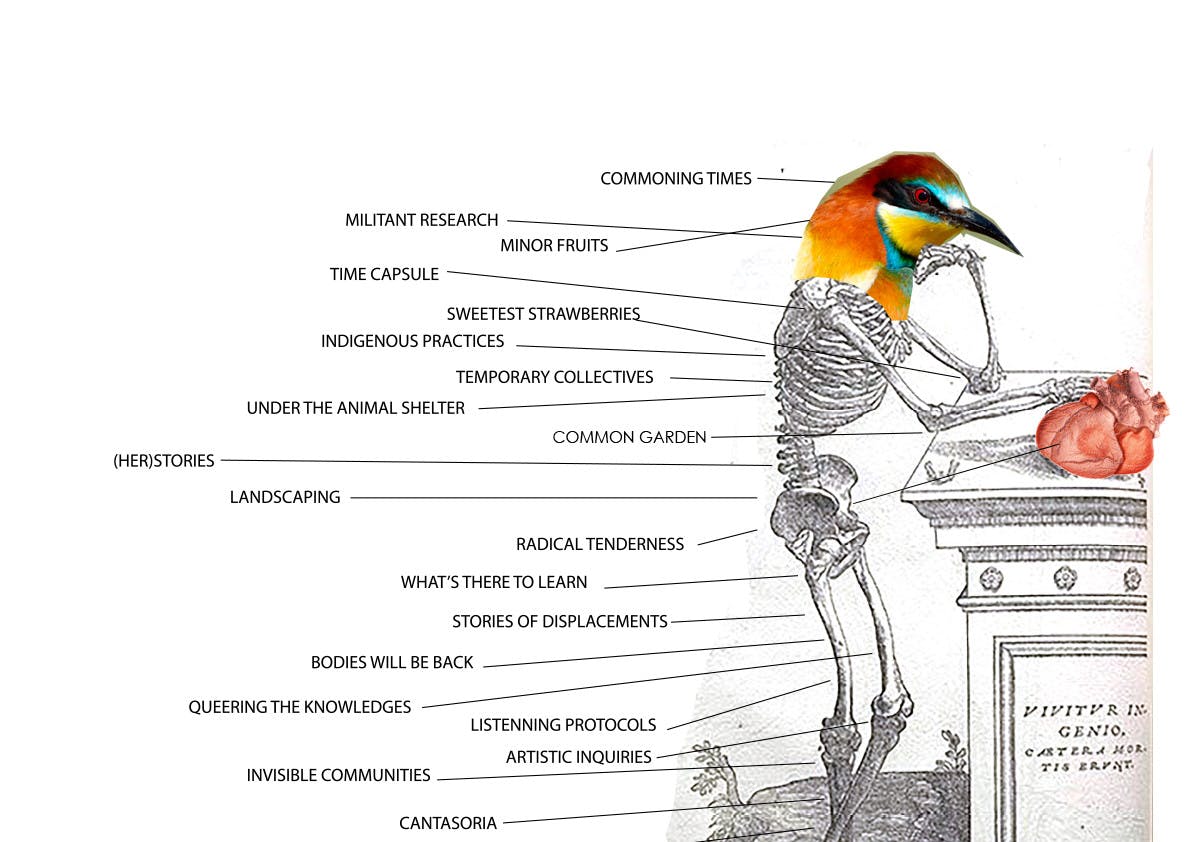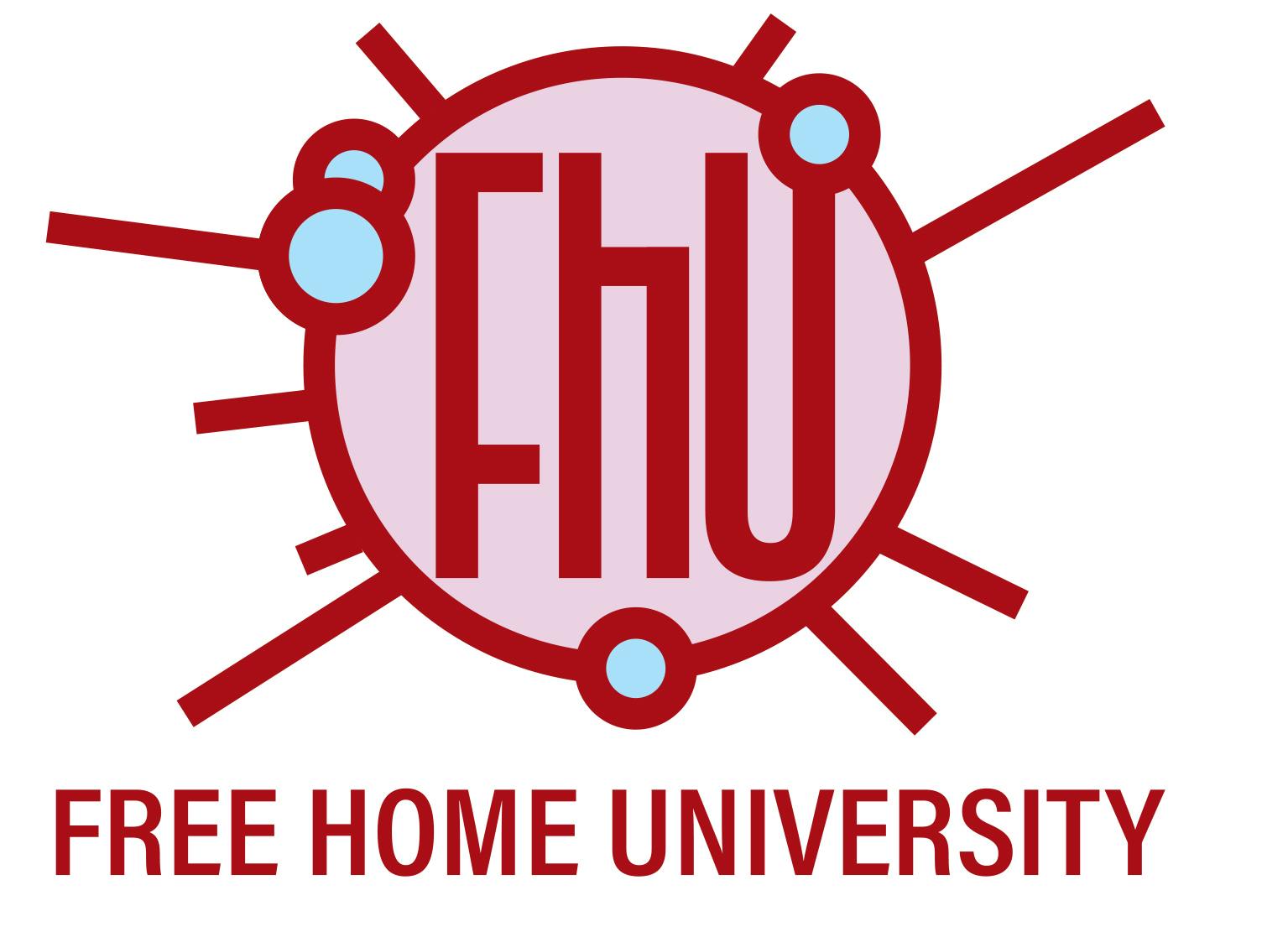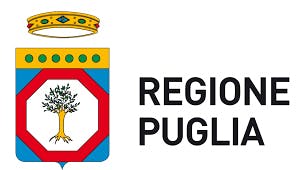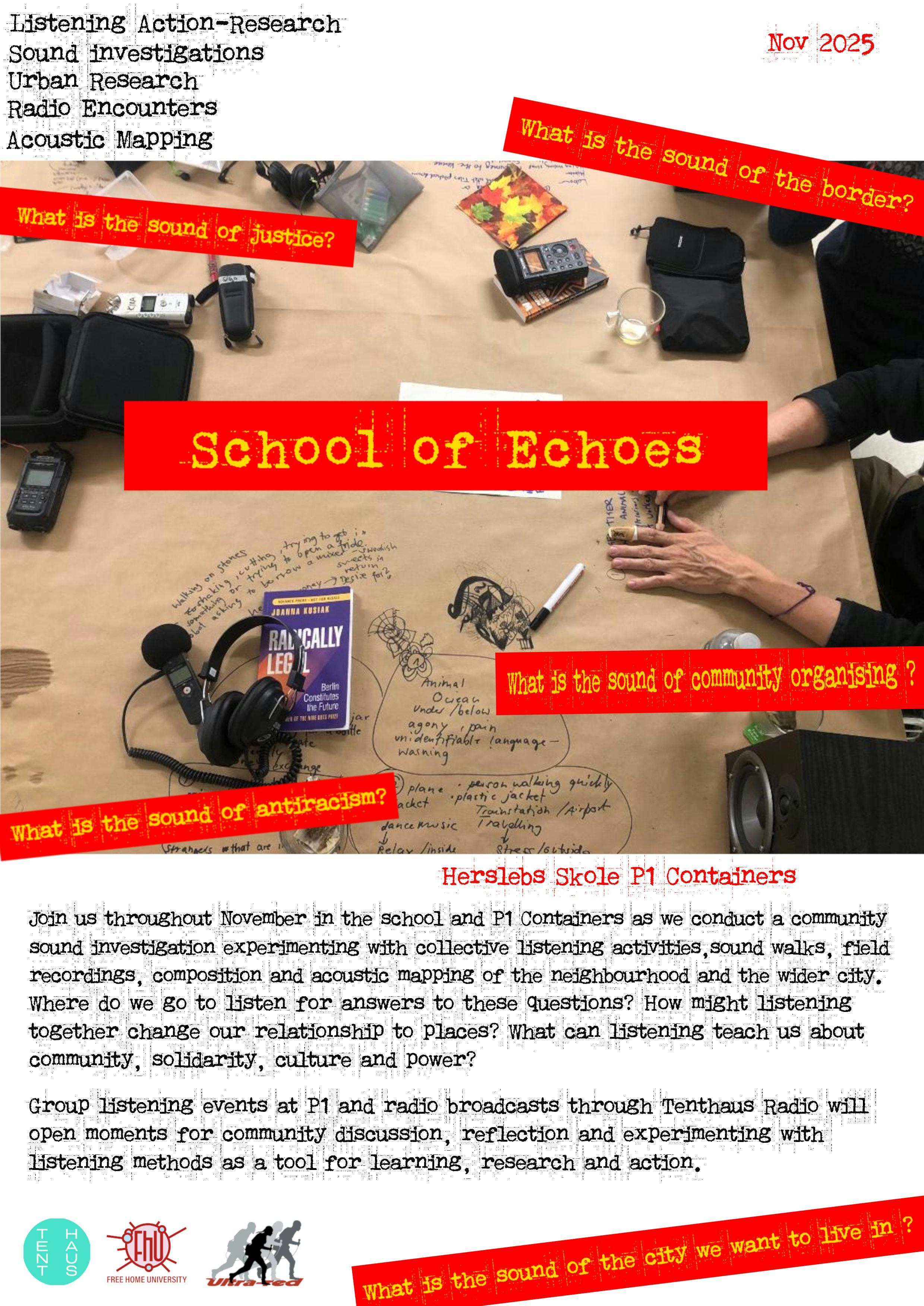PARCO COMUNE dei FRUTTI MINORI
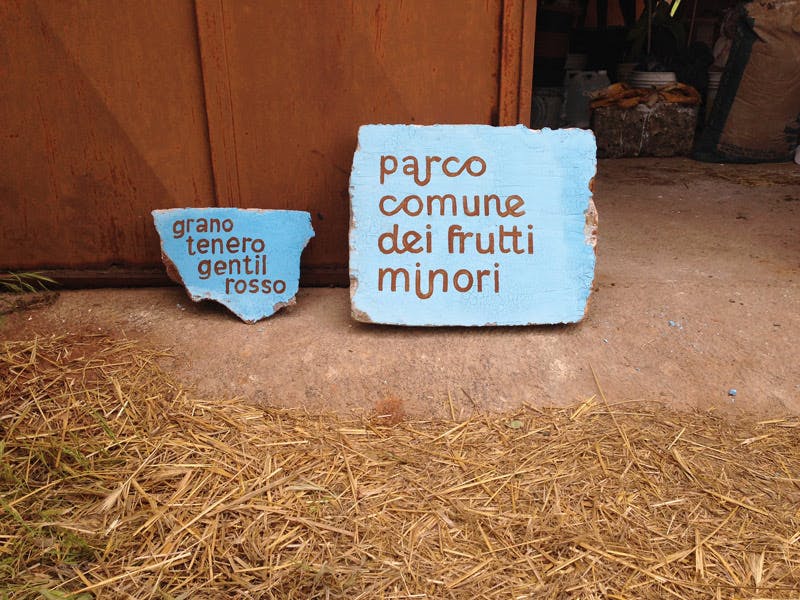
A RECOLLECTION OF MOMENTS IN CASTIGLIONE with CASA delle AGRICULTURE
Castiglione d’Otranto, April 2014
Parco Comune dei Frutti Minori - The Common Orchard of Minor Fruits- started as a research in action, part of our inquiry around How we want to live that had brought us to explore the local food cycle and visit Salento’s organic farmers, getting to know different communities of practice in the agroecology struggle and in the defense of the commons, and those attempting to rethinking our territory through different social relations and forms of economy. After meeting and spending time with activists of Casa delle Agriculture Tullia e Gino and in response to their invitation, we set off to Castiglione d’Otranto, where the FHU 2014 April session was build with the desire to learn from the land, from the abundance of knowledge of the rural world.
- Ayreen Anastas
- Rene Gabri
- Emilio Fantin
- Luigi Coppola
- Alessandra Pomarico
- Jesal Kapadia
- Musagetes
- ConstructLab
This session led us to open up to those that were actively practising and building locally a self organized, bottom-up and autonomous learning and living experience.
We immersed our bodies in the work along the friends and comrades of CdA and the inhabitants of Castiglione, who welcomed us in their community and offered many possibilities for a different understanding. Luigi Coppola, artist participating in Free Home University became instrumental to bridge the local actors and the international group, as he belongs simultaneously to the local farming tradition (he grew up in the village 4 km away from Castiglione) and the sphere of performative and socially engaged artistic practices. He ended up orchestrating the work, actively coordinating with the friends from Casa delle Agriculture, co-designing a program of visits, lessons, walks, dinners. We responded through an artistic lens, often questioning our role, but nevertheless participating into an action that emerged from the dynamic of our different sensibilities and interests, a dialectical exercise between insiders and outsiders, material and immaterial knowledge, practical and spiritual approaches.
Parco Comune dei Frutti Minori was our first “convivial research”, allowing us to articulate our presence and initiative in a broader community of learners/ in a community of practice rooted in this specific locality, but responding to the same planetarian struggle brought by globalization and the neoliberal extractive mode of abusing the resources.
The ‘return to the land’ that we could witness in Castiglione and in other Salento’s initiatives, was not only driven by the high unemployment rate, but signified the urgency to exist with different values, to produce food in viable ways and sustain forms of life, refusing the massive use of chemicals and the model of an extensive agriculture.
The activation of Casa delle Agriculture and their nascent network for the protection of the endangered local (and social) biodiversity, the gradual abandon of the lands, often polluted, the depopulation of the rural areas, the loss of meaningful human relationships became a way to exercise our theories and share praxis, strengthen the bonds of our community, rethinking social models by being related, and reimagine fair forms of economy.
The gesture of making a common orchard was offered as an action to regenerate public lands in the rural paths around the village of Castiglione d’Otranto.
Together we hoped to bring a sense of care and restore the dignity of abandoned public areas destined to be waste landfills for inert materials by converting them into common good and social spaces. We wanted to suggest that rural areas are places of relationships among people and people and nature. Places where it’s easier to sense our interconnection and the necessity of co-existence, and learn from different forms of knowledge and generations.
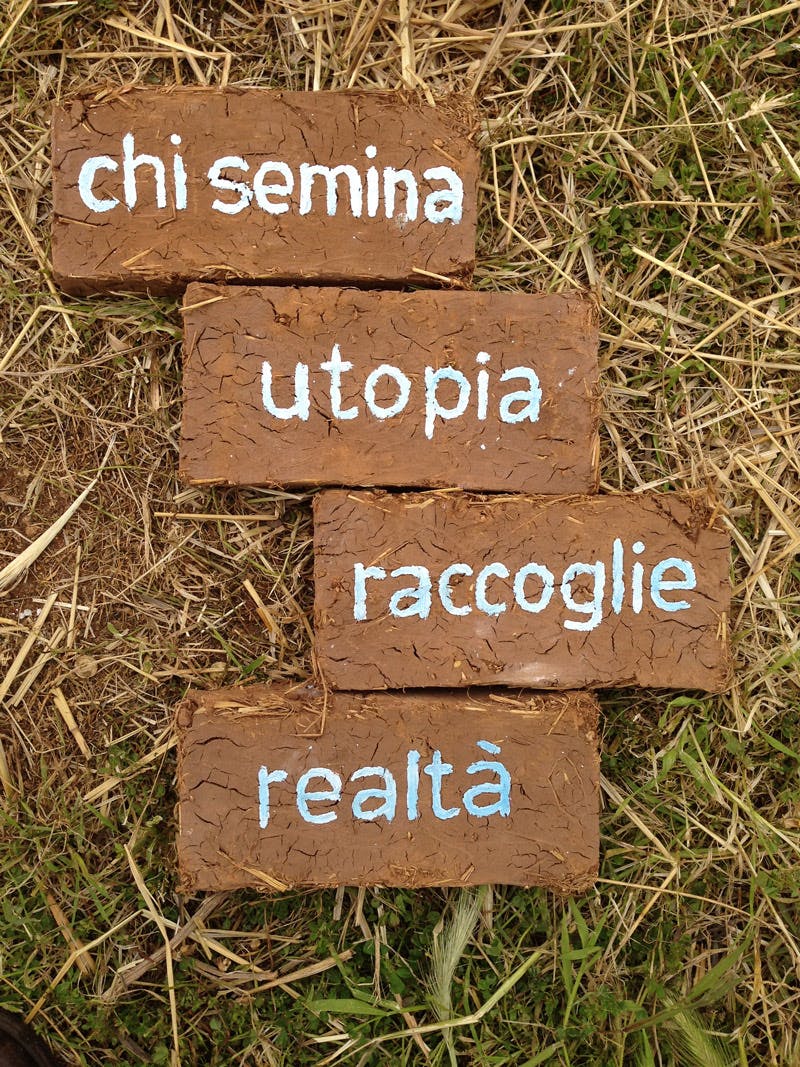
We spent days cleaning up the sides of the fields, removing and piling up all sort of garbage. we also planted many varieties of figs, jujube, cornula, mountain ash, mulberry and various other native species that we wanted to protected and enjoy together. We built a companionship orchard, and restored a dry wall.
We had many walks, drifting in the fields in the village, in the nearby refugee center, and learnt from local historians, biodynamic farmers, biologists, sociologist but especially from the richness of a local community of women and men, children, youth and elders, eager to share their experience and their awareness, their doubts and concerns, and their desire for a better world. We had a lot of fun, we fell in love and many strong friendships and long lasting collaboration started there, in those liminal spaces of our shared garden.
The Common Orchard became an on going project, expanding into other areas as a diffused park, activated with a program of convivial events, workshops, celebrations part of the strenuous effort of Casa delle Agriculture to activate collaborations with local organizations, institutions and the many friends that respond to the call of building together a more ethical, just and ecological ways of living.
Later on, during the 3rd edition of Notte Verde/ Green Night event, the Common Orchard expanded into a Common Market of Minor Fruits, as Casa delle Agriculture prompted Free Home University to help thinking through and organize the first farmer‘s market in the South Salento area. The farmer market would function also as a lab and a space for discussions, and a learning platform to deeper explore issues around agriculture, sustainability, the environment. The Common Market was co-designed in collaboration with Alex Roemer and Joahnna Dehio from ConstructLab (Paris/ Berlin) were up-cycling dismissed furniture from the local school. From door to door they collected: tablecoths, bed linen, and curtains. Through a learning-by-doing, hands-on methodology of auto-construction that involved half of the village, the Common Marked was realised and inaugurated during the three days of Green Night 2014. The market place soon became a public agora, that hosted a series of conversations, laboratories, and round tables. People gathered to discuss and learn about biodynamic farming, anthroposophic medicine, the relation between food and health, and around community welfare, foundational economy, degrowth and collective happiness, legislation and governance around the commons.
In the following fall, the Free Home University group also came back to Castiglione to follow a class on the Biodinamic Approach in agriculture started by Rudolph Steiner.
And the dialogue, with pauses and reorganizations of energies, kept growing and is still going.
